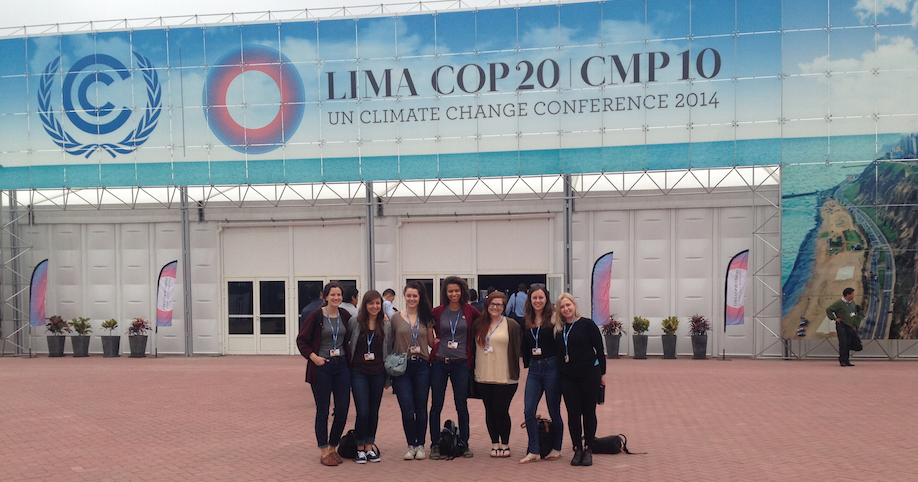A weak and disappointing five-page agreement was reached by the 194 countries present at the United Nations Conference of Parties (COP) 20 climate summit in Lima, Peru.
The deal says:
- countries have “common but differentiated responsibilities” to deal with climate change (which blurs the responsibility for emission reductions by developed and developing countries);
- countries will submit their proposed emissions reduction targets by March 2015;
- countries should set targets beyond their “current undertaking”;
- countries “may” include quantifiable information on how they intend to meet their emission targets (the use of “may” not “shall” has been reported as notable);
- wealthy countries will help developing countries fight climate change by investing in clean energy or offering climate aid;
- countries already being hit hardest by climate change will receive financial and technical help through a “loss and damage” programme;
- all pledges will be reviewed in November 2015.
The Guardian reports, “Much remains vague or poorly defined. The countries put off decisions about the legal structure of the agreement, and deferred decisions about ensuring a flow of finance to developing countries. …Negotiators acknowledged they had put off the most difficult decisions for later.”
In terms of the next climate summit, the newspaper comments, “Much remains uncertain about the prospects of a strong deal emerging from Paris — not least because of the problems that arose during the negotiations in Lima. …The talks over-ran by two days because of clashes over which countries should carry the burden of fighting climate change. There were also disputes over climate finance. Wealthy countries were accused of failing to live up to their earlier promises of mobilising billions to help developing countries fight climate change.”
At the COP 15 and COP 16 climate summits, the Council of Canadians called on the Harper government to commit to an emissions reduction target of at least 40 per cent below 1990 levels by 2020, to $4 billion annually for climate adaptation for the Global South, and to make the climate change negotiations process more inclusive and democratic. The federal government’s own figures indicate that without dramatic action it will not even meet the weak target (17 per cent below 2005 levels by 2020) it set in 2010.
Federal environment minister Leona Aglukkaq has now called for a federal-provincial-territorial meeting in late February to discuss new post-2020 emission goals. Hopes are not high though as the Harper government is also backing the Energy East pipeline (which would produce an estimated 32 million tonnes of greenhouse gas emissions a year), the Trans Mountain pipeline (which would produce 270 million tonnes of greenhouse gas emissions over a 35-year period), and the Northern Gateway pipeline (which would produce 27 million tonnes of greenhouse gas emissions a year).
Despite the hypocrisy and obstructionism, a climate deal in 2015 is imperative.
The COP 21 climate summit will take place in Paris between November 30 and December 11, 2015.
Edmonton-based Council of Canadians organizer Aleah Loney was present at the Lima summit and her blogs on the proceedings can be read here.




